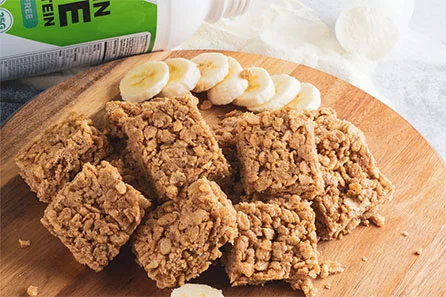Cholesterol is a waxy, fatty substance that's found in all the cells in your body. Your body needs some cholesterol to make hormones, vitamin D, and substances that help you digest foods. But if you have too much cholesterol in your blood, it can combine with other substances in your blood and form plaque. Plaque is a sticky substance that can build up in your arteries and make them hard and narrow. This condition is called atherosclerosis, and it can lead to heart disease, heart attack, or stroke.
You can have high cholesterol and not know it. That's why it's important to get your cholesterol checked regularly starting at age 20. If you have high cholesterol, you can take steps to lower it and protect your heart.
There are a few different ways that you can check your cholesterol levels. One way is to have a blood test done by your doctor. This will give you an accurate reading of your cholesterol levels. Another way to check your cholesterol levels is to use a home cholesterol test kit. These kits are available at most pharmacies and some grocery stores. They are relatively inexpensive and easy to use.
If you are concerned about your cholesterol levels, talk to your doctor. He or she can help you determine the best course of action to take.
Foods or Daily Habits that increase Cholesterol
Your cholesterol levels can be affected by the foods you eat and the daily habits you have. Here are some things that can increase your cholesterol:
- Eating foods high in saturated fats, like red meat, butter, and full-fat dairy products.
- Eating foods high in trans fats, like processed snack foods, fried foods, and baked goods.
- Leading a sedentary lifestyle. A sedentary lifestyle is one where a person does not get much physical activity. This can be due to a variety of reasons, such as working at a desk job or watching TV for long periods of time. Not getting enough exercise can lead to health problems, such as obesity and heart disease. It is important to find ways to incorporate more physical activity into your life, even if it means making small changes like taking a walk during your lunch break.
- Smoking cigarettes.
Making some changes to your diet and lifestyle can help to lower your cholesterol levels and improve your overall health. Talk to your doctor about what steps you can take to reduce your risk of heart disease.
Long Term effects if left untreated
High cholesterol is a serious problem that can lead to long-term health complications. Left untreated, it can damage your arteries, leading to heart disease, stroke, and other potentially life-threatening conditions. While there are medications available to help control cholesterol levels, making lifestyle changes is also important in managing this condition.
Here are some of the potential long-term effects of high cholesterol:
Arterial damage: Over time, high levels of cholesterol can damage the arteries, making them narrower and less flexible. This can lead to atherosclerosis, a condition in which plaque builds up on the artery walls and reduces blood flow. Atherosclerosis increases the risk for heart attack and stroke.
Arterial damage: Heart disease: High cholesterol is a major risk factor for heart disease, the leading cause of death in the United States. Heart disease occurs when plaque builds up in the arteries and makes it difficult for blood to flow through. This can lead to a heart attack or stroke.
Stroke: High cholesterol can also increase the risk for stroke, which occurs when blood flow to the brain is blocked. Stroke can cause permanent damage to the brain and even death.
Kidney disease: High cholesterol can also lead to kidney disease, a condition in which the kidneys are unable to filter out waste from the blood effectively. This can lead to kidney failure, which requires dialysis or a kidney transplant to treat.
High cholesterol is a serious condition that can have many long-term consequences if it is not treated. If you have high cholesterol, talk to your doctor about the best way to manage it. Making lifestyle changes, such as eating a healthy diet and getting regular exercise, can help to control cholesterol levels and reduce the risk of complications.










